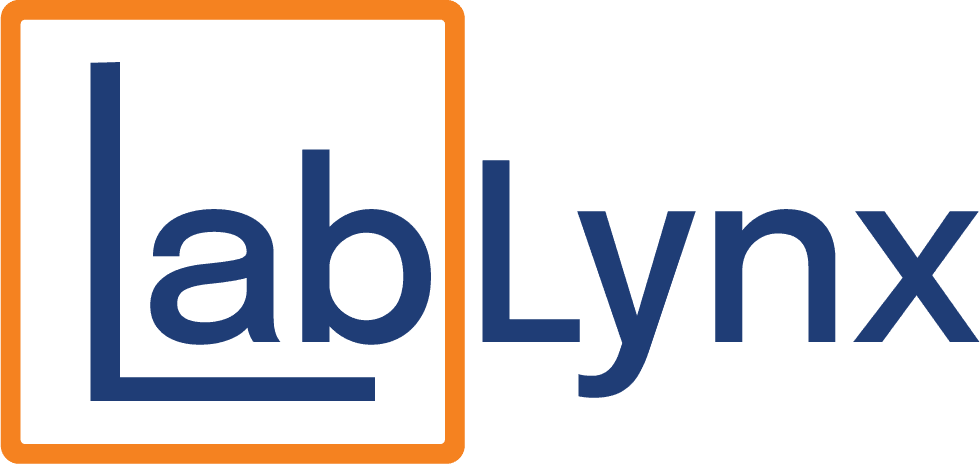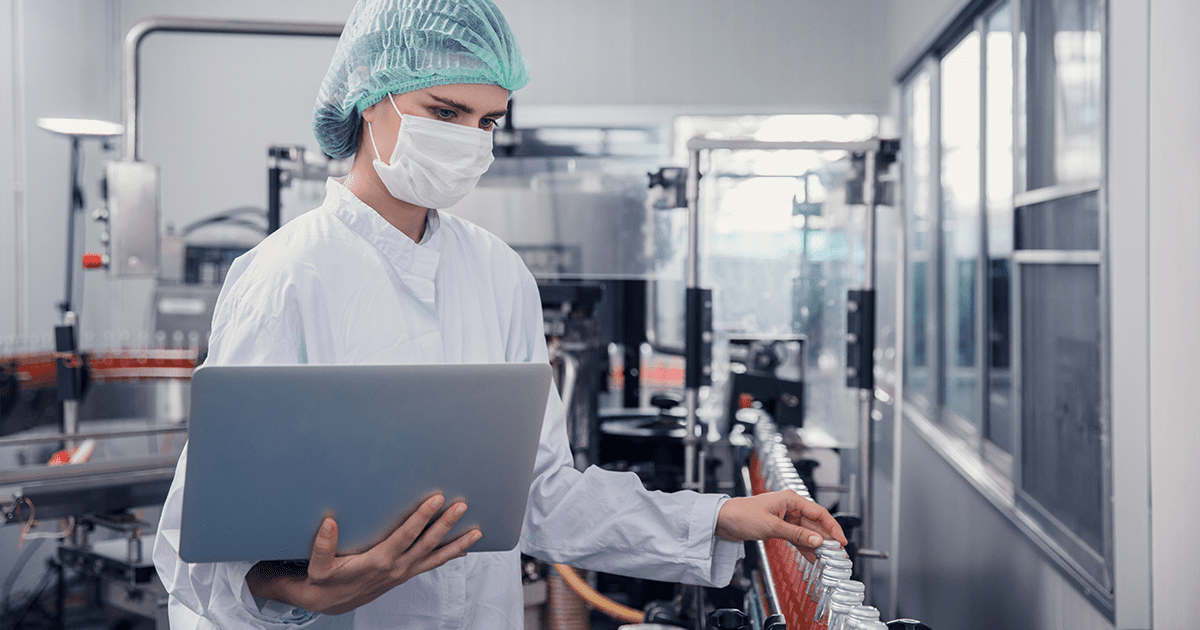
In today’s global food economy, safety isn’t just expected—it’s essential. From raw materials and packaging to production, testing, and transport, every point in the food supply chain must meet strict quality and safety standards. That’s where ISO 22000 comes in.
ISO 22000 is the internationally recognized standard for food safety management systems (FSMS). Developed by the International Organization for Standardization (ISO), it defines what organizations must do to control food safety hazards and ensure that food is safe for consumption. Whether you’re a food testing laboratory, a food processor, or part of a regulatory agency, compliance with ISO 22000 is more than a requirement—it’s a commitment to protecting consumers and public health.
And in a world where foodborne illnesses affect nearly 600 million people every year (according to the World Health Organization), it’s never been more critical to get it right. In this article, we’ll explore what ISO 22000 requires, why it matters, and how LabLynx’s LIMS Suite, ELN Suite, and Lab Automation Suite make it easier for labs to lead the way in food safety.
What Is ISO 22000?
ISO 22000 is a comprehensive food safety management system standard that applies to any organization in the food chain. It combines the principles of Hazard Analysis and Critical Control Points (HACCP) with preventative controls, traceability systems, and management commitment.
The standard covers all aspects of food safety, including:
- Hazard identification and risk assessment
- Monitoring and control of critical control points (CCPs)
- Traceability and recall systems
- Supplier evaluation and material verification
- Personnel hygiene and training
- Internal audits and corrective actions
Its structure is aligned with ISO’s High-Level Structure (HLS), making it easier to integrate with other standards like ISO 9001 or ISO 17025. This makes ISO 22000 ideal for labs operating in highly regulated, multi-standard environments.
Why ISO 22000 Compliance Matters for Labs
While ISO 22000 is designed for the entire food supply chain, testing laboratories play a vital role in the system. Labs are responsible for verifying food safety controls, identifying contaminants, validating supplier claims, and providing the scientific data that drives food quality decisions.
For labs, ISO 22000 compliance means implementing a robust system that ensures consistency, traceability, accuracy, and timely communication of test results. Failing to meet these standards can lead to product recalls, regulatory action, and harm to public health.
The benefits of ISO 22000 for labs include:
- Reduced risk of contamination or cross-contamination
- Stronger data integrity and defensibility
- Improved operational control and documentation
- Easier audit readiness and regulatory inspection
- Increased client trust and competitive differentiation
How LabLynx Supports ISO 22000 Compliance
Complying with ISO 22000 requires more than good intentions. Laboratories need the right technology to manage processes, monitor safety parameters, control documentation, and ensure real-time data visibility. The LabLynx platform delivers that capability through its integrated suites:
- LabLynx LIMS Suite: For sample tracking, test execution, quality control, and compliance documentation.
- LabLynx ELN Suite: For capturing lab procedures, observations, and protocols in a digital, searchable, and version-controlled format.
- LabLynx Lab Automation Suite: For integrating lab instruments, reducing manual errors, and automating routine tasks to improve consistency and speed.
1. Hazard Identification and Critical Control Monitoring
LabLynx enables labs to monitor and log safety-critical parameters like pH, microbial counts, chemical residues, and allergens. It provides automatic flagging of out-of-spec results and can trigger alerts or retesting protocols.
- Define CCPs within workflows
- Set limits and alerts for critical values
- Link test data directly to hazard control documentation
2. Traceability and Recall Readiness
ISO 22000 requires full traceability of samples, materials, and processes. LabLynx supports chain-of-custody tracking, batch and lot tracking, and integration with external traceability systems.
- Log every touchpoint of a sample or material
- Maintain complete audit trails and retrieval history
- Generate recall reports instantly with filtered search functions
3. Supplier and Material Verification
Labs must verify the quality and safety of raw materials, packaging, and ingredients. LabLynx allows users to track supplier performance, link test results to specific vendors, and monitor trends in quality over time.
- Track vendor test performance and approval status
- Automatically flag non-conforming results
- Maintain documentation for supplier audits
4. Personnel Training and Hygiene Records
Personnel hygiene and training are integral to food safety. LabLynx helps manage training records, track certifications, and ensure that staff are only assigned to roles for which they are qualified and compliant.
- Monitor hygiene audits and staff training schedules
- Alert supervisors to expiring certifications
- Assign tasks based on training status
5. Document Control and Internal Audits
ISO 22000 mandates strict control over policies, SOPs, and audit records. LabLynx ensures all documents are stored with version control, user access rights, and review dates.
- Automate document approvals and reviews
- Store audit reports and CAPAs digitally
- Provide instant access to compliance logs during inspections
Continuous Improvement and Safer Food Systems
ISO 22000 isn’t static. It requires continual review and improvement to ensure that food safety systems evolve with changing risks and technologies. LabLynx supports this by giving labs the tools to measure performance, detect trends, and make data-driven improvements.
With real-time dashboards, audit-ready reporting, and built-in analytics, LabLynx helps food safety labs shift from reactive to proactive. Whether it’s reducing test turnaround time, increasing automation, or identifying bottlenecks, LabLynx drives both compliance and innovation.
A Smarter Way to Safeguard the Food Supply
Food safety is a shared responsibility. With ISO 22000 as the framework and LabLynx as your technology partner, your laboratory becomes a critical force in protecting consumers and ensuring global food integrity.
Ready to modernize your lab for ISO 22000 success?
Schedule a Demo and see how LabLynx can help you build a safer, smarter, and more resilient food safety testing operation.
Accelerate Your Lab's Success & Experience LabLynx
"*" indicates required fields
Explore the LabLynx Suites
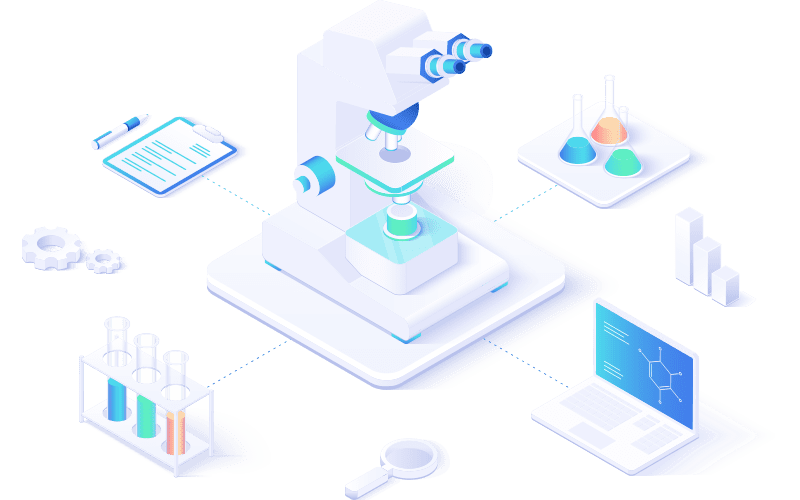
LIMS Suite
Seamless Sample and Workflow Management
The LabLynx LIMS Suite empowers laboratories with the tools needed to manage samples, workflows, compliance, and more in one centralized system. It’s the backbone for labs seeking efficient, reliable, and scalable management solutions.
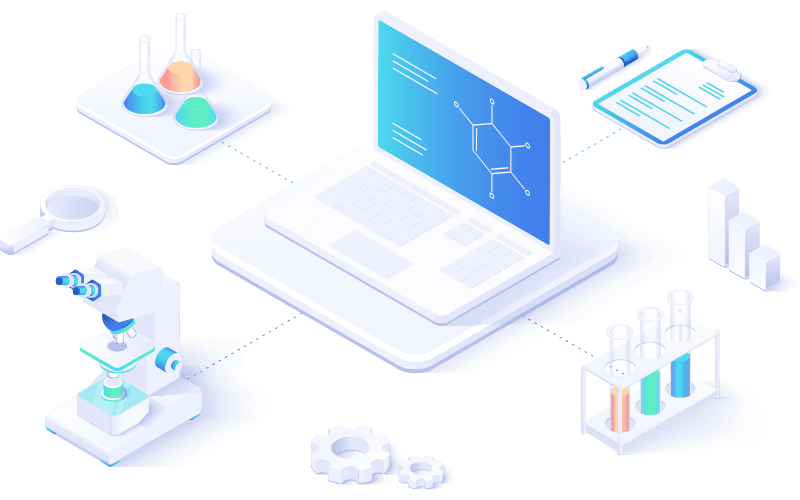
ELN Suite
The LabLynx ELN Suite offers a modern approach to managing lab data and experiments. With its secure, intuitive platform, your team can record, store, and collaborate effortlessly, supporting innovation every step of the way.
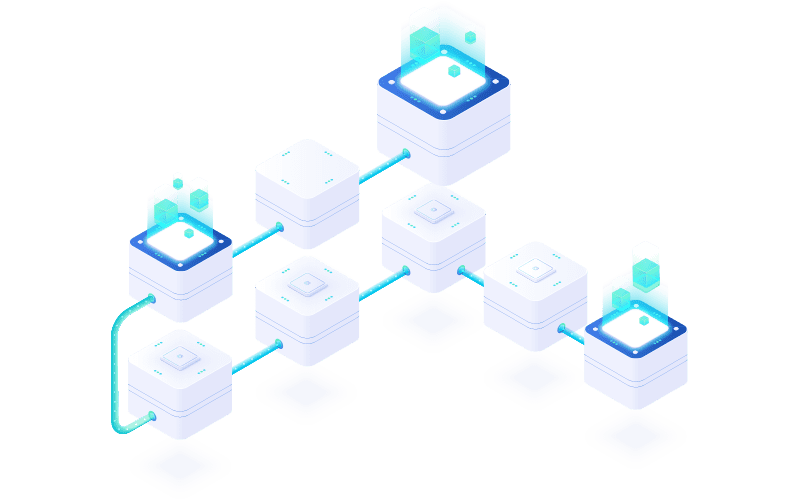
Lab Automation
Automate for Efficiency and Growth
Streamline operations and boost productivity with the LabLynx Lab Automation Suite. Designed for labs ready to embrace advanced automation, this suite integrates systems, instruments, and workflows to deliver efficiency at scale.
